How to be a millionaire and instantly become poor? Bring all your money to Poortugal!
This news is terrible, but it is the normality of normalities in Portugal, in that country of legal criminals you are robbed exactly to the extent and in proportion to the size of your wallet. I was robbed of 130,000 euros, because I’m “poor”, that is, I’m not poor obviously, but next to 10 million euros… Wealth is very relative and I personally only need enough to live comfortably, but for me 130,000 is (was) my wealth that I really needed, but worse than the stolen money is without a doubt all the suffering that this diabolical country inflicts on you, because the whole of Portuguese society and the Portuguese people is one big fraud and everything is one big illusion. A fraud disguised as a normal country where a person, once he is inside and fully involved, can’t realize it until it’s too late, including the criminal Portuguese courts, which exist for everything except what they are supposed to do, which is to protect society from criminals and fraudsters and to enforce the law and democratic rules. Believe me, Portuguese justice is the exact opposite of law, so we have virtually no one to help us in Portugal, but we always have plenty of help to take every last cent of our money.
This bankruptcy case is completely buried, as you will read, in very strong factual illegalities committed, as well as numerous indicators also strongly suspicious of criminal activity, to say the least, but as this is Portugal, absolutely nothing is ever investigated and at the end of the very expensive and especially tortuous course of the Portuguese courts, Your Excellency the Portuguese judge always gives the victims a big kick and sends them home to suck their thumbs, which is what they did to me and also to these two English ex-millionaires and dozens of other anonymous victims whose lives have been destroyed in Portugal just because they committed the big “sin” of wanting to buy a house.
In Portugal, of course, not all entrepreneurs are crooks, but all crooks are entrepreneurs and are always treated as such and never as crooks.
Here are (some of) the blinding red alerts that I managed to extract at great cost from the very scarce and superficial information available on the Internet from the Portuguese media:
- The development wasn’t even licensed for construction. (!!!)
- Two or three of the companies that made up the partnership for this project were off-shore companies. (Probably the 10 million euros and many millions more are there sunbathing under a banana tree, more red alert than this is impossible!)
- The Portuguese State Bank (CGD) was the only investor in the whole project. (How come no private bank was interested in such a great opportunity that would revolutionize tourism in the Algarve?! Well, that’s strange!)
- This bank was supposed to finance only 50% of the project, but it turned out that they financed 100% of the project without the decision even going through the mandatory risk audit, and no justification was given for this either. (That’s how it works in Portugal!)
- A feasibility study of the project to be financed by the state bank has never been presented. (!!!)
- This company, to which the state-owned Portuguese bank CGD lent 100% of the value of the project, had no track record or portfolio of construction work, and was incorporated only a few months before the full loan of public funds was granted. (!!!)
- The manager of this bank at the time was a person who was later sentenced to prison for “influence peddling” in another case. (The little fish who was arrested so that they wouldn’t arrest the former minister José Sócrates, another very typical situation in Portugal).
On another note, it is unbelievable how naturally the Portuguese accept all of this, which is nothing new, but the fact that they also don’t mind at all that the state-owned bank, i.e. the bank that is run with “their” money, the taxpayers’ money, suffers these gigantic losses, all together amounting to billions of euros, due to “ruinous” decisions, but invariably with no one to blame. The Portuguese don’t even comprehend that when the CGD “loses” money in “unexplained black holes”, it is their money that is lost, and it is all the Portuguese who pay for it! What a dumb people!
You can NEVER trust Portugal! (Because it’s full of Portuguese and they’re in charge)! These victims, like everyone else who is robbed and seriously harmed in Portugal, are ultimately being robbed by the country, that is always behind it all. The real criminal is Portugal’s own criminal identity. Don’t doubt it, Portugal is a criminal entity, disguised as a lamb! If you believe anything else, you will be harmed.
All I can say is this, with all sincerity and from the bottom of my heart:
Never bring your hard-earned money to Portugal, you run the colossal risk of losing it, either all at once or little by little. What matters is that Portugal makes everyone poor, to the detriment of the entire criminal class that is installed, legalized and protected by the “law”, which is equal!
The following article is a translation (mostly MT). You can find the link to the original website at the end of it.
Britain’s Got Talent presenters lose millions in CGD “hole”
Ant and Dec paid almost three million euros each to buy a house in the Algarve’s “The Keys”, a Birchview real estate project that went bankrupt with debts of 307 million euros to the public bank and has now been bought by a Brazilian group for 95.4 million euros.
The investment in The Keys in the Algarve turned out to be disastrous for three British television stars, who paid around 7.3 million euros each to buy a house in this development promoted by Birchview, which ended up going bankrupt without completing or licensing the project.
Anthony David McPartlin and Declan Joseph Donnelly – better known as Ant and Dec – presenters of Britain’s Got Talent, are two of Birchview’s creditors, claiming 5.6 million euros in credit on the promissory purchase and sale contracts signed, plus around 1.5 million euros in interest and compensation claims.
They had paid for two houses that included two swimming pools – one on the roof and one in the basement, with a cinema and bar, among other luxuries.
Phillip Schofield, another star of the ITV television station, was also left “on fire” with 1.6 million euros, the amount he paid for a house in The Keys. In insolvency, he also claimed 169,000 euros in interest and 500,000 euros in damages.
In addition to these three investors, 15 others made promissory contracts to buy and sell luxury villas in The Keys, but all of them are unlikely to see a cent of what they left here.
The fact is that, once the 1.1 million euros claimed by the Tax Authorities have been settled, the remaining money resulting from the sale of Birchview’s assets must be sent to the mortgage creditor, Caixa Geral de Depósitos (CGD), which “buried” 307 million euros here.
After the first attempt to sell The Keys failed, last August, for a base value then set at 110 million euros, the mega real estate project returned to the market for 95.41 million euros and was now awarded to SRESPX – Investimentos, which offered 10 euros above the minimum value set for that purpose.
Last Tuesday, November 3rd, after the deadline for submitting proposals for the acquisition of The Keys, Birchview’s insolvency administrator registered and awarded the operation to the only offer received.
SRESPX signaled the deal with the payment of 5% of the total value, that is, 4.77 million euros, which were already deposited in the account of Birchview’s insolvent estate.
The purchasing entity’s sole administrator is Rogério Estevinha Xavier, founder and leader of the Brazilian SPX Capital, one of the largest independent fund managers in Brazil, with offices in São Paulo, Rio de Janeiro, London, New York and Washington, and which is under managing assets worth 40 billion reais (six billion euros).
( … )
The deal with Birchview got off to a bad start for the public bank in 2007, when CGD was led by Carlos Santos Ferreira and with Armando Vara as administrator. ( – Blog author note: Vara is one of the small fish convicted in the “face oculta / hidden face” case for “influence peddling”, the other was a scrap dealer(!?!), leaving out the former prime minister of Portugal José Socrates who damaged the country by billions of euros! Portugal…)
At that time, CGD’s General Directorate of Risk (DGR) issued an opinion on the assumption that the bank would only finance 50% of the project, which would not happen, as it ended up doing so 100%. A change of plans that did not go through the DGR, and no justification was presented for the lack of this opinion, according to an EY audit.
At issue was the construction of a real estate project, to be built on land measuring more than eight hectares, in the Algarve area of Quinta do Lago.
More related news
Company that owes 278 million to CGD goes into insolvency
Caixa rejected Birchview’s rescue and pointed to its insolvency. The process has now started. CGD claims 278 million in credit guaranteed by a mortgage. The project is valued at 116 million.
Birchview Imobiliária has filed for insolvency. This is where Caixa Geral de Depósitos has set its sights, claiming 278 million euros from the company that promoted the real estate development in the Algarve. The public bank represents 93% of the company’s recognized credits.
“The Judicial Court of the District of Lisbon, Commercial Court of Lisbon – Judge 3 of Lisbon, on 31-05-2017, at noon, handed down a sentence declaring the debtor insolvent: Birchview – Imobiliária, S.A”, indicates the company’s insolvency filing, published on the Citius portal on June 2.
Birchview Imobiliária is a company whose activity is focused on “the construction of real estate developments” in the Quinta do Lago region, known as “The Keys”. In the case of Birchview, there are promises of purchases and sales of the apartments and houses located there,
but the development is not licensed.
Last year, the company requested to enter into a Special Revitalization Process, with Jorge Calvete being appointed as the judicial administrator. In the debt recognition process, the conclusion is that the public bank led by Paulo Macedo is the majority creditor: Caixa Geral de Depósitos represents 93% of the total value recorded in the PER (299 million).
Having the decisive say, the public bank refused to save the company at the beginning of this year, showing itself to be in favor of its insolvency.
This process has now begun, with Jorge Calvete remaining as insolvency administrator. There is now a process for claiming credits for 30 days, and on July 26th there will be a meeting of the creditors’ assembly.
It was not possible to contact Birchview, and CGD was not available to speak about the client.
According to PER documents, the financial institution’s credit is guaranteed by a mortgage on the complex. In 2015, Birchview had assets of 135 million euros, which is mainly due to the accounting of the project, that is, the land and buildings. A more recent assessment, cited in the old PER, spoke of an updated value of 116 million euros.
According to documents contained in the process, the initial financing contract between the company and the public bank dates back to 2007, when Carlos Santos Ferreira was president of CGD, with Armando Vara as administrator.
The unfinished project
In the case of Caixa, as well as having overdue debts, Birchview also assumed responsibility for debts incurred by other companies that had also requested loans from CGD.
The company belongs to the QDL group, and the group’s sister companies, from which it inherits part of the debt, are Bridgedown and Chapelmoor,
which Correio da Manhã says are off-shores caught up in the BPN investigation.
At the start of the year, when he applied for the PER, the development had not yet been fully completed, even though there were already promissory purchase and sale agreements in place. In addition, it had not been fully built and was not licensed.
More related news
CGD sells bankrupt Algarve real estate project “The Keys” to Brazil’s SRESPX
( … )
According to the publication, SRESPX
was set up on September 9, 2020 – about a month ago it reduced its share capital from six million to 50,000 euros – and its sole director is Rogério Rodrigues Estevinha do Amaral Xavier,
( … )

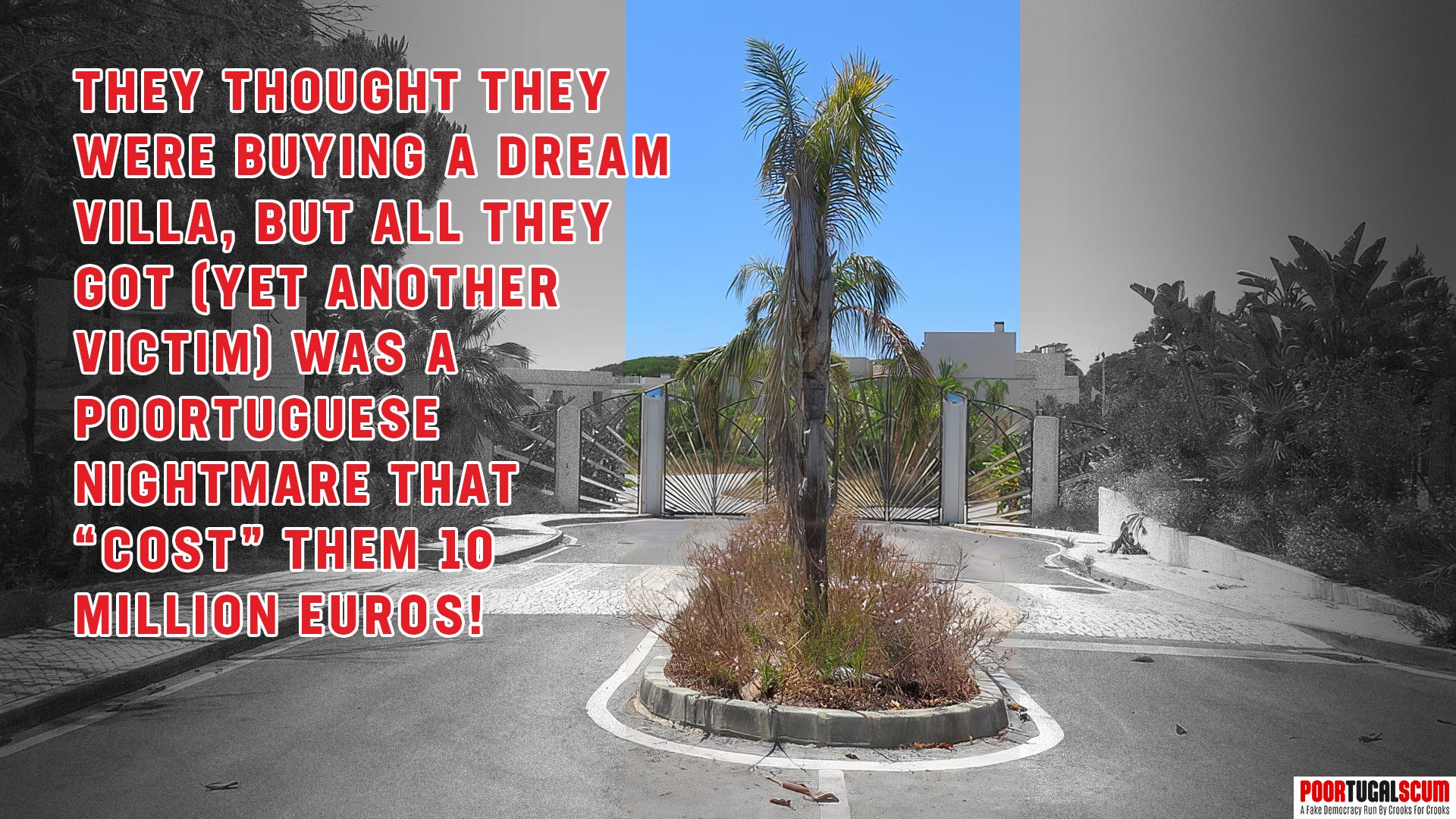
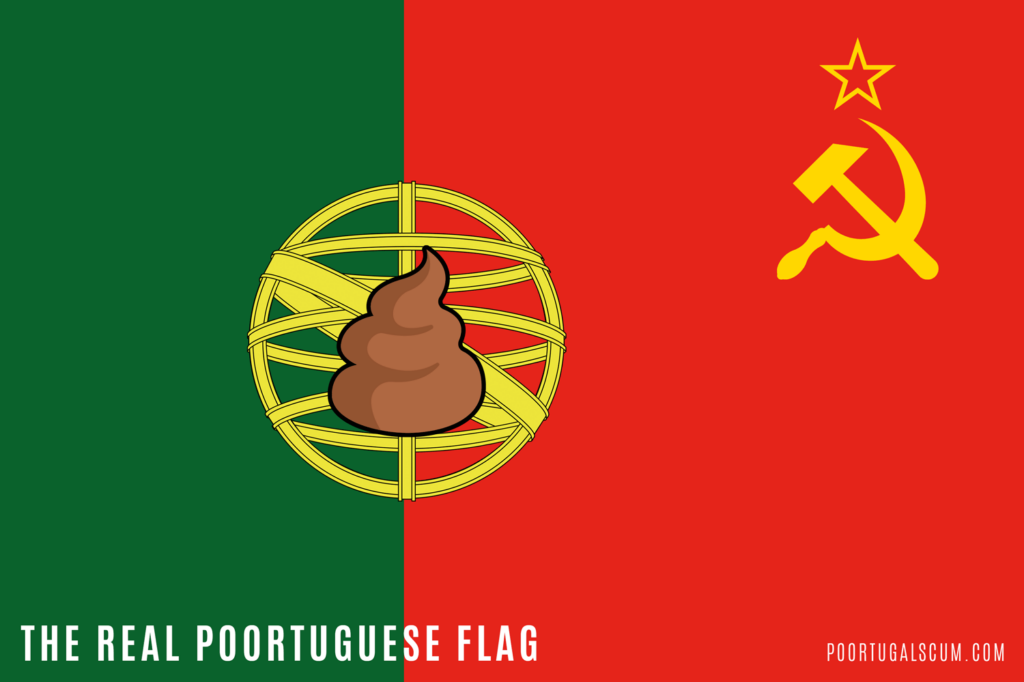
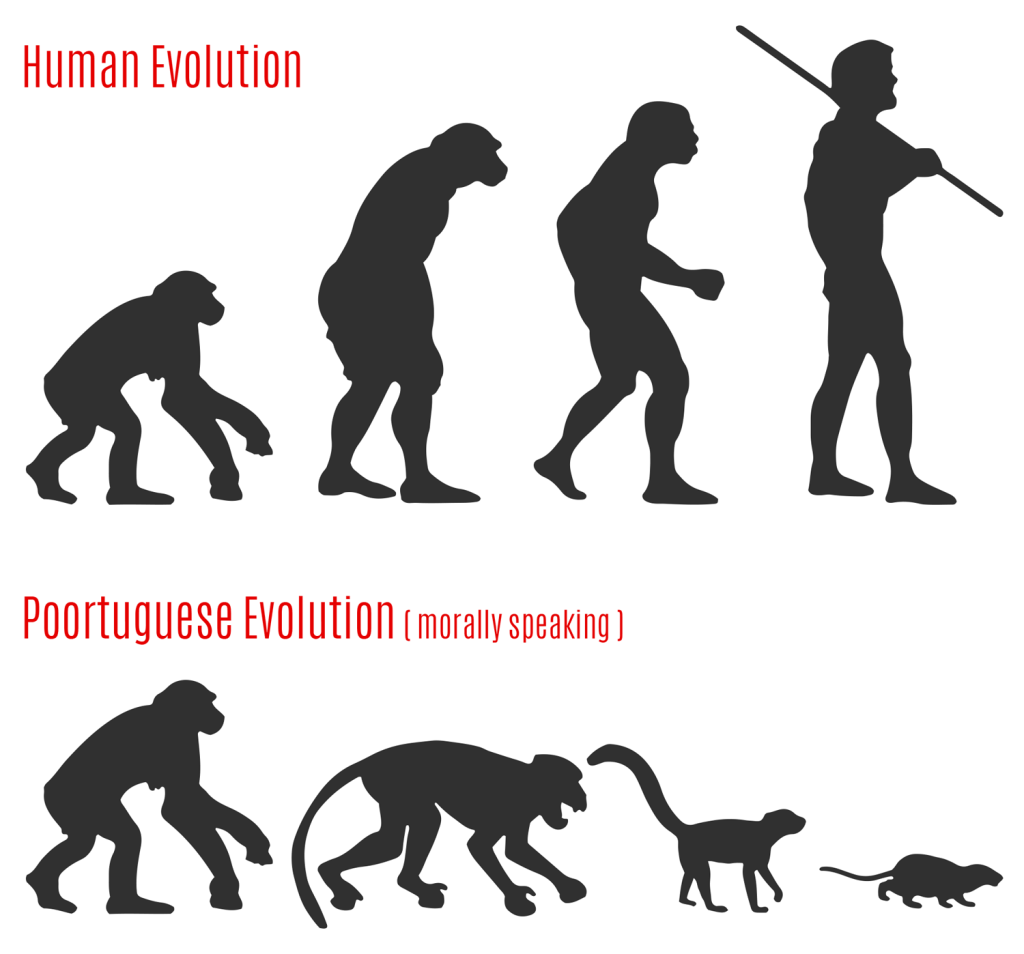

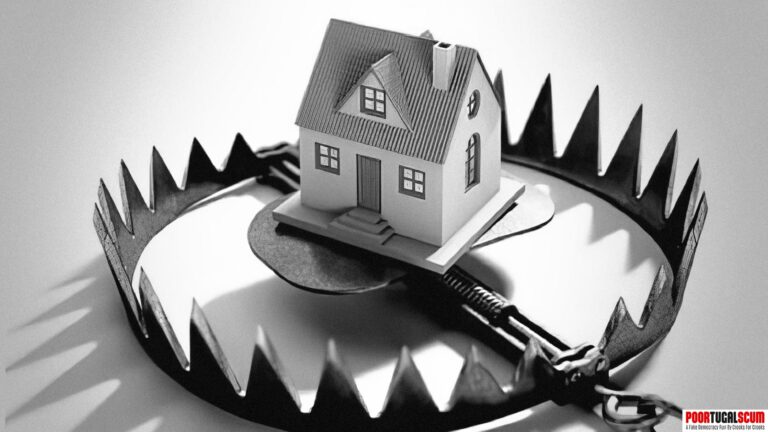
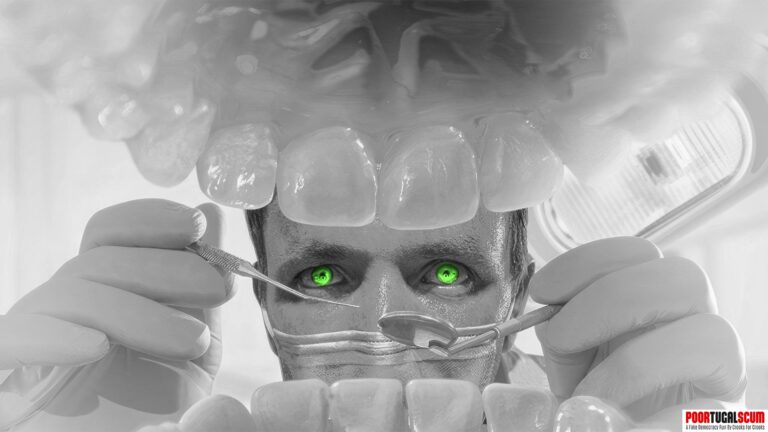
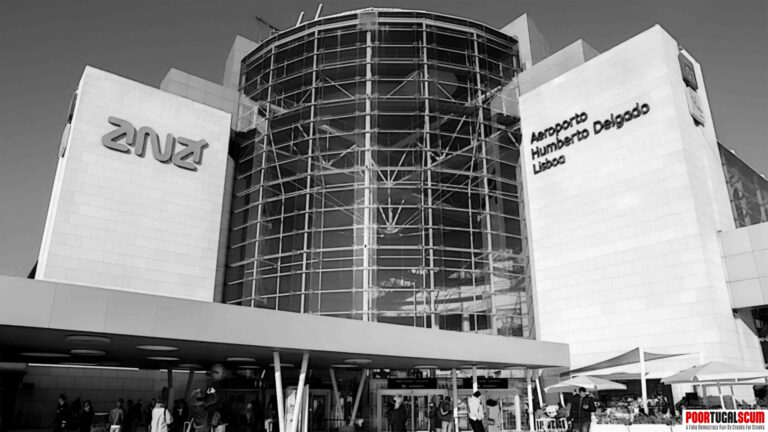
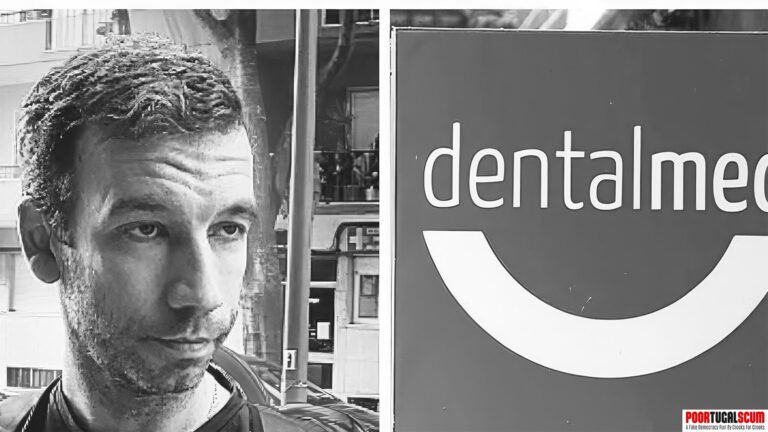
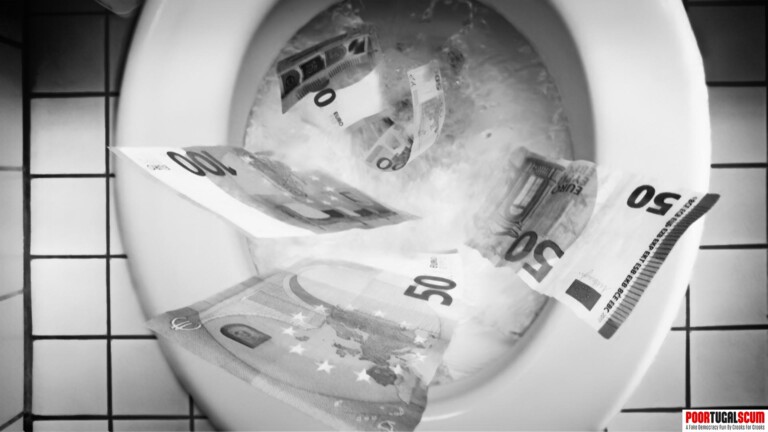
Ex Prime Minister José Sócrates was stealing and having a luxurious life in Paris and he won elections TWICE
Pedras d’el Rei, near Tavira, appears to been the first of these scams (1967-). It was financed by a public loan of money, which might or might not have been repaid to the public. Moreover, the public roads, gardens and infrastructures of the village have still not (in 2024) been accepted into public ownership!